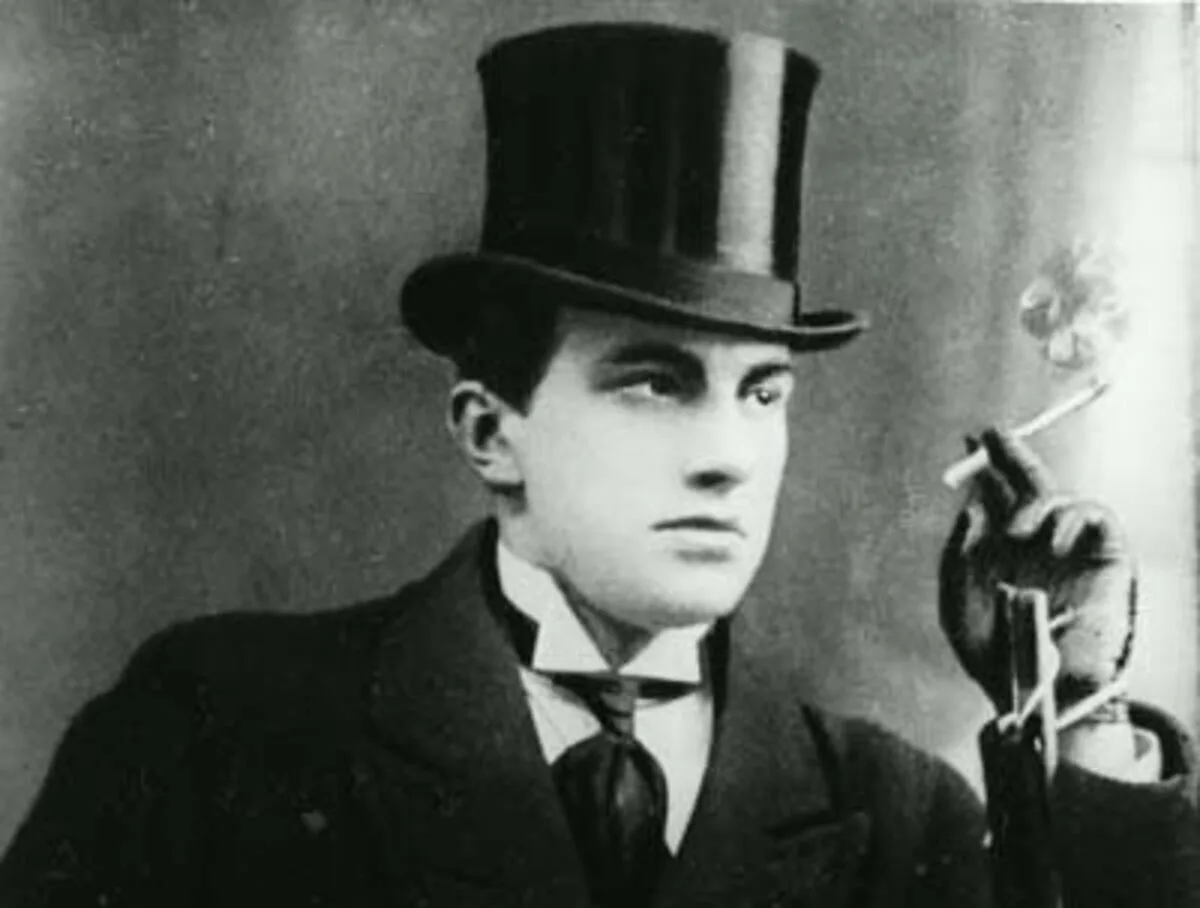There is a popular story in blogs and glossy magazines about how the beloved of the Soviet poet received flowers from him for many years, including after his death. We decided to check how true this is.
Most often, the romantic story is told as follows: in 1928, Vladimir Mayakovsky, during a trip to Paris, fell in love with emigrant Tatyana Yakovleva. Then the poet was forced to return to the USSR, and he deposited his entire fee for Parisian performances in the bank into the account of a famous Parisian flower company with the only condition: several times a week Yakovleva should be brought a bouquet of the most beautiful and unusual flowers. This continued for many years after Mayakovsky's suicide in 1930. It is alleged that Yakovleva received bouquets in the 1940s, when Paris was already occupied by the Germans, and that for several years she sold these flowers on the boulevard to save herself from starvation. This story can be found on social networks - for example, in Facebook, "VKontakte" And LiveJournal. The site also wrote about this “Gossip" and magazine "Grace"
The love story of Mayakovsky and Yakovleva is a famous episode in the poet’s biography. In October 1928 he came to Paris and stayed there for two months. In the French capital, he met Tatyana Yakovleva, who emigrated from Soviet Russia in her youth, and fell in love with her. How wrote Later, Yakovleva’s daughter, Francine du Plessis Gray, “two weeks later Mayakovsky proposed marriage to her, but Tatyana answered evasively.” The poet dedicated two poems to his Parisian lover: “Letter to Tatyana Yakovleva" And "Letter to Comrade Kostrov from Paris about the essence of love" In December 1928, Mayakovsky returned to Moscow.
The story of flowers dates back to this period. “He went to Moscow for several months, and all this time I received flowers on Sundays - he left money in the greenhouse and marked notes. He knew that I didn’t like cut flowers, and these were baskets or chrysanthemum bushes,” told Yakovlev in 1979 to literary critic and biographer of Mayakovsky Vasily Katanyan. Writes Yakovleva’s daughter also talks about this: “Before leaving, Mayakovsky paid the florist to send Tatiana a dozen roses every Sunday until his return - each bouquet was accompanied by his business card with a note.”
In the spring of 1929 Mayakovsky again arrived in Paris. He invited Yakovleva to come with him to the USSR, but she refused. “He wanted me to leave with him immediately. But I couldn’t tell my family, who had recently made so much effort to get me out of Penza, “Hop! I’m going back.” I loved him, he knew it, we had an affair, but an affair is one thing, and returning to Russia is completely different. <…> I wanted to wait, think about it and, when he returned in October 1929, decide. But that’s where he didn’t come. <...> Realizing that he would not come, I felt free,” remembered Yakovleva. In the fall of 1929, Mayakovsky was not given a visa, and Tatyana began to arrange her personal life. In December 1929, she married diplomat Bertrand du Plessis.
Neither the poet’s beloved nor her daughter ever wrote that flowers supposedly came many years after Mayakovsky’s death, especially since this does not fit with the facts from Yakovleva’s biography. She did not always live in Paris: for example, her daughter Francine was born in 1930 in Warsaw, where du Plessis was on a diplomatic mission. There are even more questions about the part of the story that talks about the 1940s. In the summer of 1940, France was occupied by Nazi Germany; on June 14, German troops entered to Paris. No later than 1941, Yakovleva, along with her daughter and her future second husband Alexander Liberman, left for the United States via Lisbon. Therefore, there was no way she could have spent several years in occupied Paris.
Often in articles devoted to the episode with flowers, refer on the testimony of the poet Arkady Ryvlin, who in the 1970s allegedly saw with his own eyes how flowers were brought to Yakovleva’s Paris apartment with a note “From Mayakovsky.” Ryvlin actually has a poem, “Flowers from Mayakovsky,” in which he lyrically reinterprets the love story of a Soviet poet and a Parisian emigrant. There are also lines in the text about the 1940s:
Life is breaking down.
The wind is cool.
And his bouquets are coming,
And his bouquets are coming,
Even though Paris is already under the Nazis,
And his bouquets are coming,
And the dewy petals tremble.
And in order to survive, she
He sells them - whether it's winter or summer!
These black clouds
These white clouds
These red clouds
What do they call it bouquets!
Most likely, the story about Ryvlin’s visit is simply a free retelling of this poem by bloggers. In the 1970s, Yakovleva lived in the USA, where both Vasily Katanyan and ballet historian Gennady Shmakov met with her, who asked her about the details of her biography. She did not return to Paris after the war.
Therefore, in the story about flowers, at least in the form in which it is distributed in blogs and glossy magazines, there is a lot of exaggeration. Mayakovsky really was in love with Tatyana Yakovleva, and for several months in 1928–1929 the woman received flowers from him. However, the story about the couriers who delivered bouquets to her for decades after the poet’s death is implausible and does not correspond to Yakovleva’s biography or the known memories of her contemporaries.
Cover photo: Wikimedia Commons
Read on topic:
If you find a spelling or grammatical error, please let us know by highlighting the error text and clicking Ctrl+Enter.






